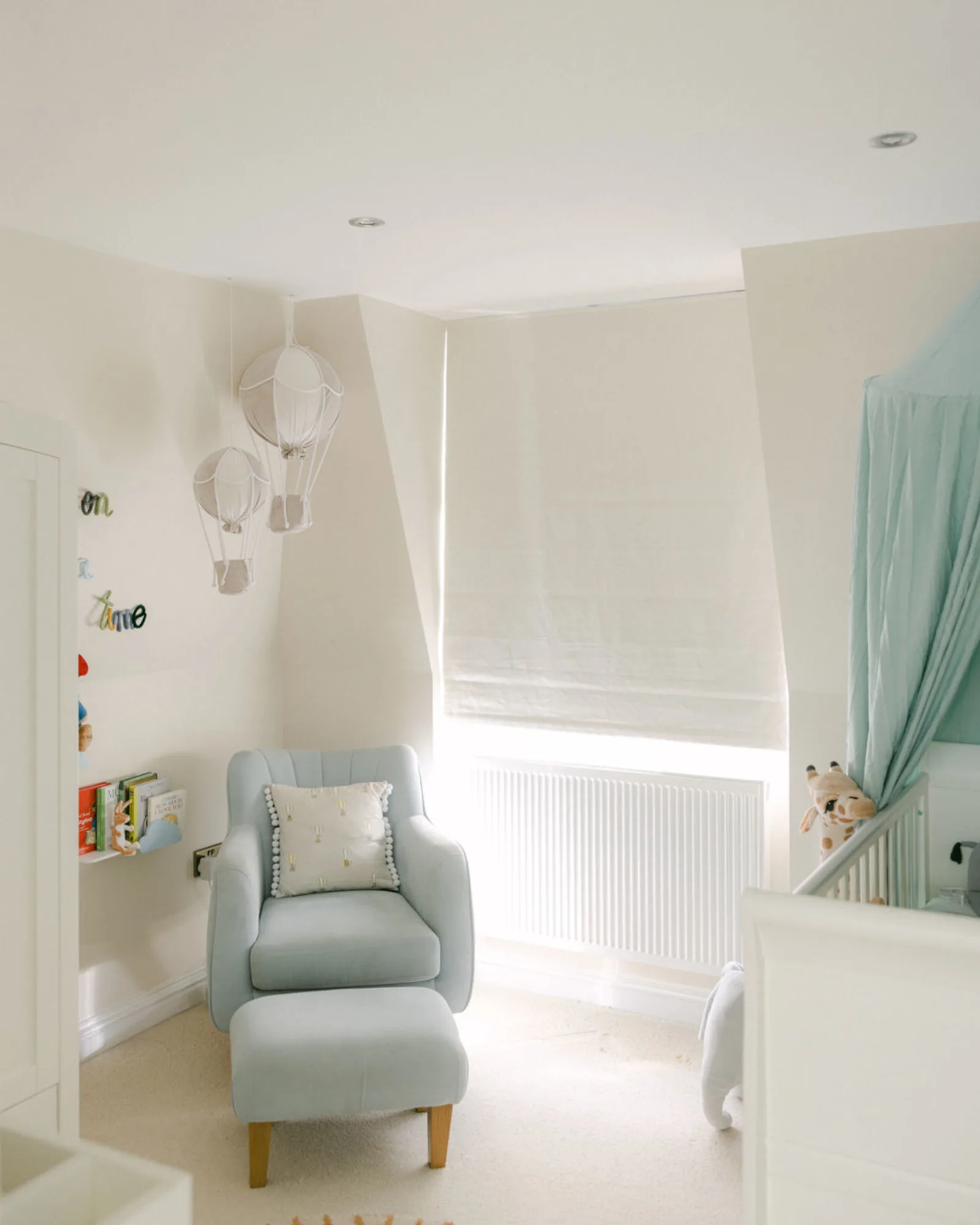Dr Katharina Lederle: How to get better sleep
Here at Stitched, we know the importance of getting a good night’s sleep, but how do you achieve it? We know that blackout curtains and blinds, especially in natural fabrics such as wool, flax and hemp, go a long way in achieving that all important sleep, but we wanted to help even further. So we sat down with Dr Katharina Lederle, the sleep doctor, to find out more.
What are the benefits of sleep for your health?
Sleep helps us to learn, form memories and come up with new ideas. Without enough sleep, our alertness and attention decline and it becomes much more difficult to perform the tasks well. Healthy sleep supports our physical health by lowering the risks for diabetes, weight gain/obesity and hypertension for example. Poor sleep leaves us irritated, impatient and sometimes anxious and feeling low. So it’s important to create the right environment for sleeping to help with drifting off.
With our busy lives, how important do you think it is to prioritise getting enough hours of sleep?
Very. However:
-
Sleep is a priority rather than the priority. It should definitely feature high up there on your priority list, however, there may be times when something else temporarily becomes more important. (Having strict rules around sleep is not always the best so I tell my clients to adopt healthy sleep habits.)
-
Not everyone needs 8 hours of sleep. The healthy range for an adult is between 7-9 hours. It is important to find out how much sleep one needs and then to give oneself the opportunity to sleep for this duration. Too much (over 9 hours) or too little sleep (fewer than 6 hours) can be detrimental.

Do you think there is a benefit to having natural rather than synthetic dyes and fibres, such as wool?
Ideally, your sleep environment which includes your bed and bedding should help to keep you cool and not cause you any allergies or pain. It should also be free of harmful chemicals and allow for a good air quality and ventilation. I think it the main thing is to create an environment that you feel comfortable in.
What are your thoughts on heating and air conditioning on the quality of your sleep?
As a species, we evolved outdoors and not in well-insulated houses. That means our physiology (biologically speaking we are still very much cavewomen and cavemen) is adapted to the natural change in temperature across the 24-hour day. A cooler bedroom is therefore better for sleep. This allows your body temperature to drop which opens these-called ‘sleep gates’.
But of course, you should not be freezing because that will make falling or staying asleep harder. Around 18C is a good guideline. Keep the bedroom well ventilated as this may improve sleep quality and possibly next-day performance. Some people like sleeping with open windows (this can also help keep the air temperature low during the summer). However, there is also noise pollution to consider. Something I do is keep the bedroom door open instead of the window because of the street noise. And where privacy is a problem a fan might help.


If someone works indoors how can they achieve more natural light?
We all have a circadian master clock that sets the time for almost all processes that happen in our bodies, including the rhythm of sleep and wake. This clock needs to be in sync with the 24-hour light dark cycle so that our bodies do the right thing at the right time. Daily light exposure is what we need to achieve this entrainment. So, because we spend most of our time in dim light, our body clock does not really know when it is day or night and struggles to anticipate what the demands of the external world will be - - - and so it struggles to give the right signal at the right time. This can have deleterious effects for our sleep as well as health and performance.
There are several things you can do:
- Spend more time outdoors (ideally in the morning but walking to the café that’s 20 minutes away at lunchtime can be a good alternative)
- Avoid bright and in particular blue light in the evening
- Get a desk by the window
- Speak to your boss about installing circadian lighting at the workplace
Finally, what are your top tips for getting to sleep?
Everyone’s sleep need and sleep timings are different. Find out how much sleep you need and when you get the most efficient sleep. Spending time outside in the morning, without a roof over your head, is a great way to keep your internal body clock in sync with the natural day and supports a healthy sleep. Stick to a regular eating window of 8-12 hours. That will further support your sleep and overall health. Do things you enjoy after work to help yourself switch off and relax.


The most obvious way to improve your sleeping environment is to add blackout curtains or blackout blinds. Especially in summer, blocking out the late evening light is important so you can drift off in darkness and not be rudely awoken by the sun in the morning! Blackout curtains and blinds can also regulate the temperature in your room, which we now know is super important, by keeping your room cool (when closed) during the warmer months and keeping it warm during the colder months. It’s also worth investing in made to measure window apparel for your blackout curtains and blinds so that they fit your window perfectly and no light can creep in around the edges.
A huge thank you to Dr Katharina for this insight - - - we’ll certainly be getting out more! If you’d like any advice on how to get more natural light into your home, check out our blog for some tips.